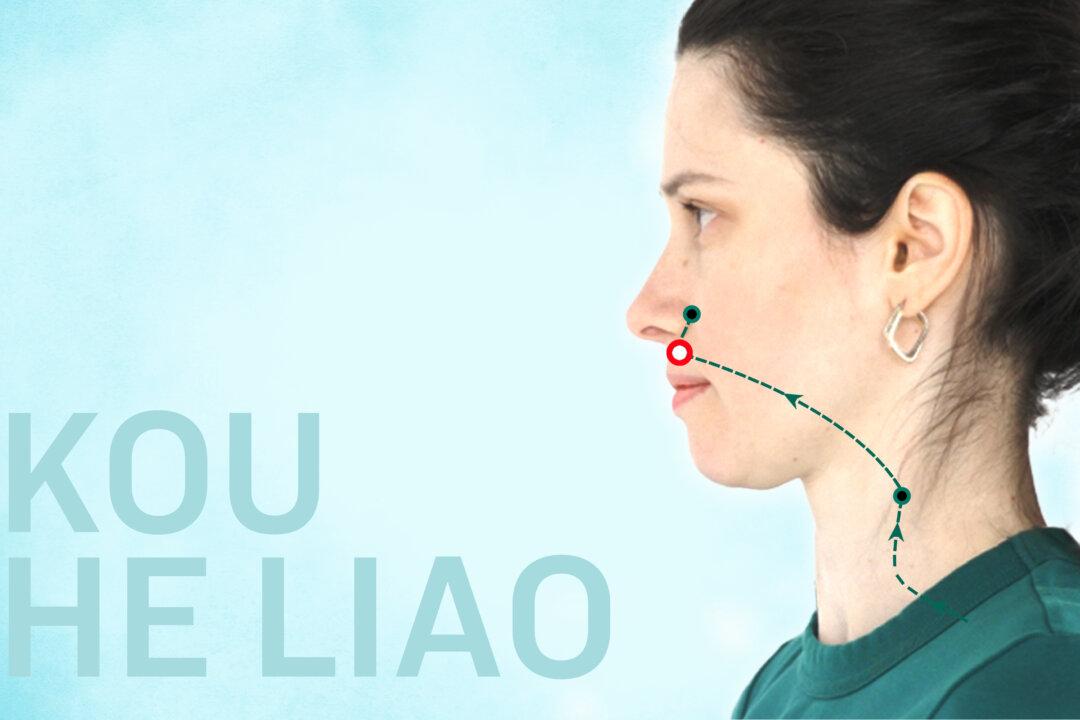A solar term is a period of about two weeks and is based on the sun’s position in the zodiac. Solar terms form the traditional Chinese calendar system. The calendar follows the ancient Chinese belief that living in accordance with nature will enable one to live a harmonious life. This article series explores each of the year’s 24 solar terms, offering guidance on how to best navigate the season.
Solar Term: ‘Winter Commences’






